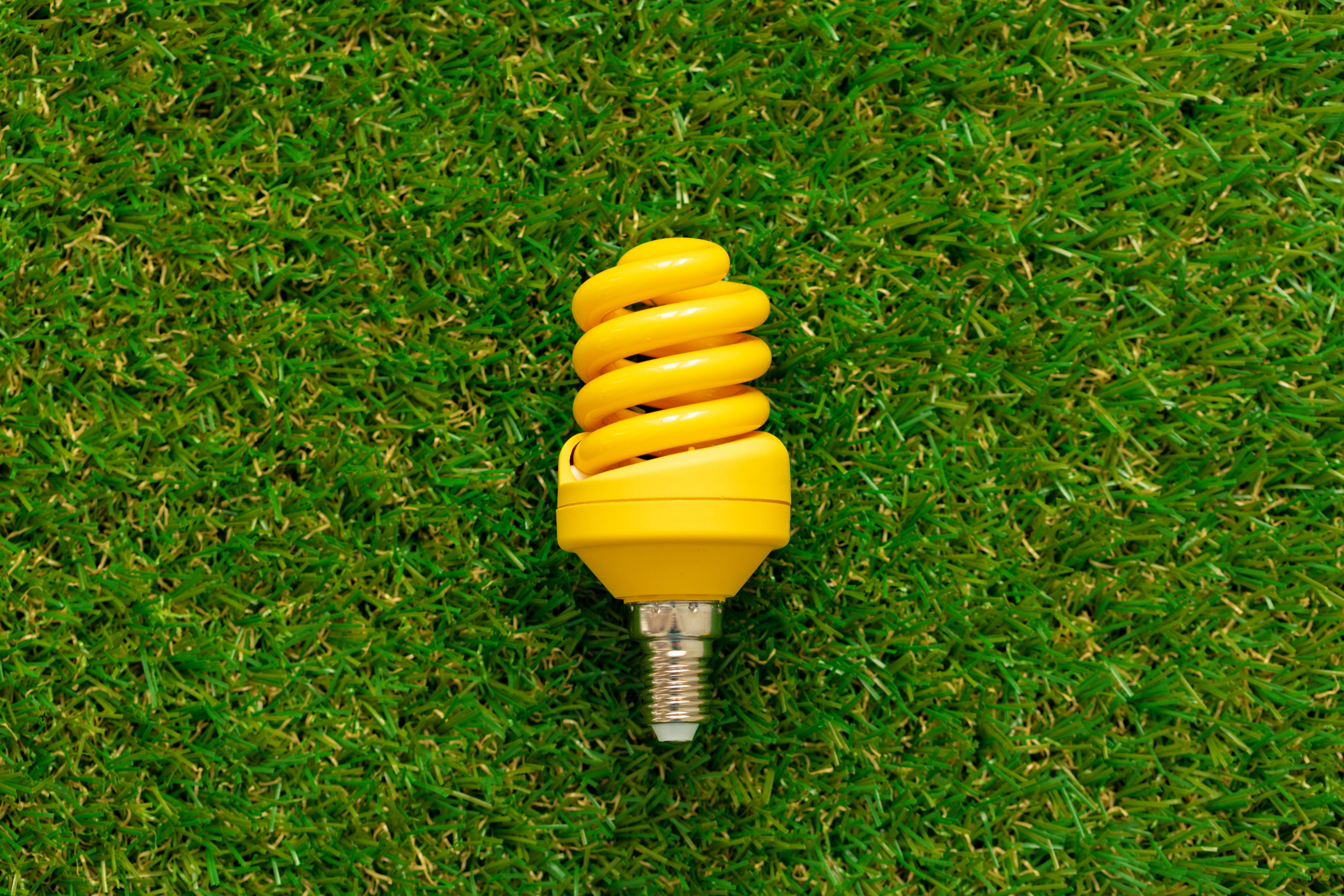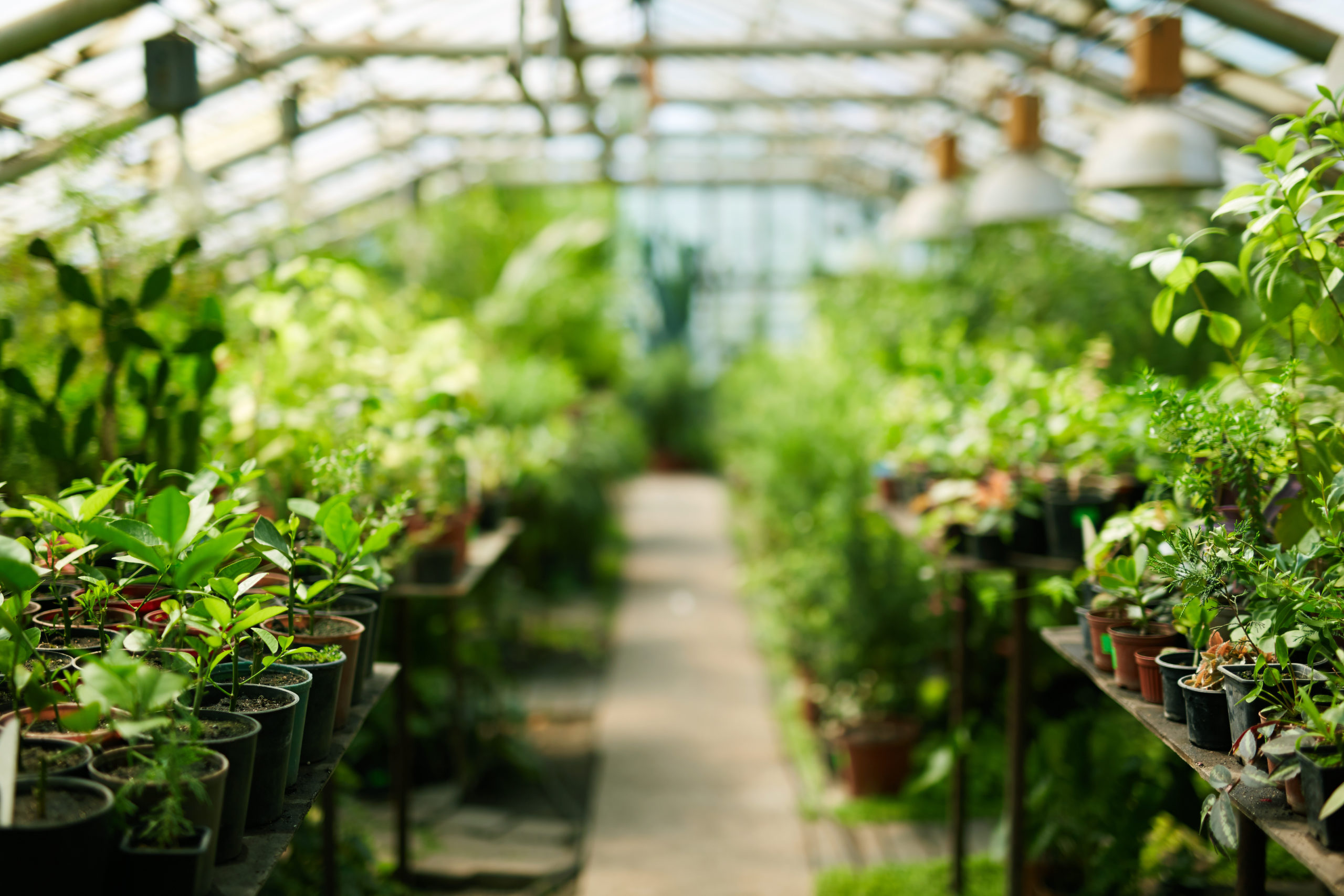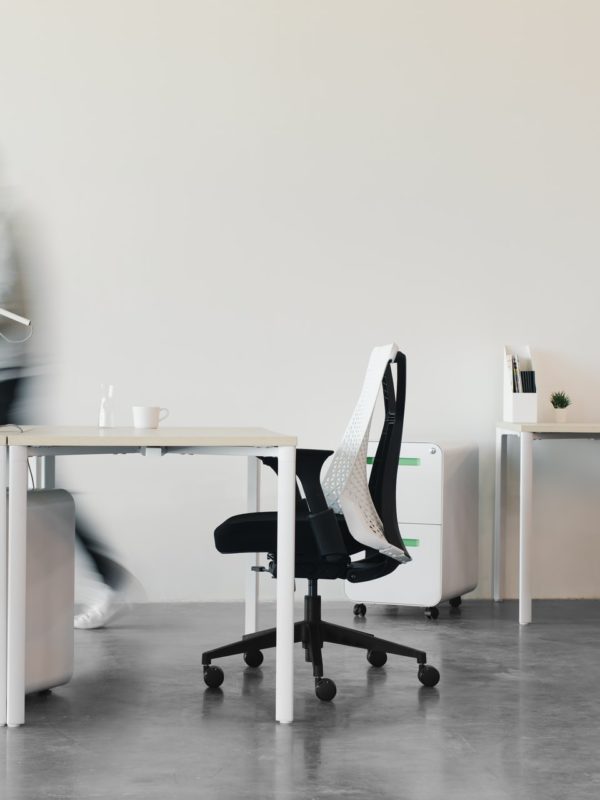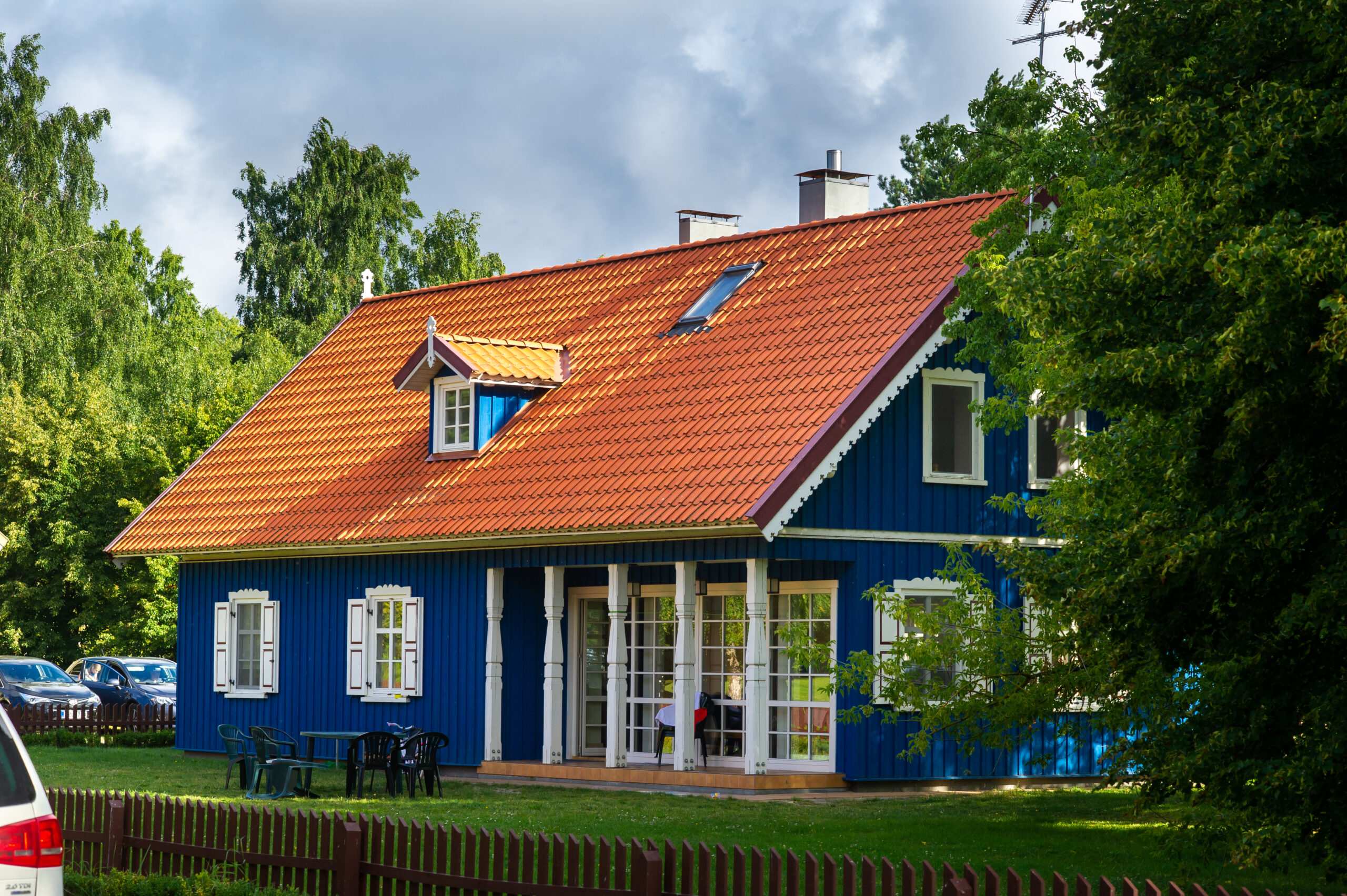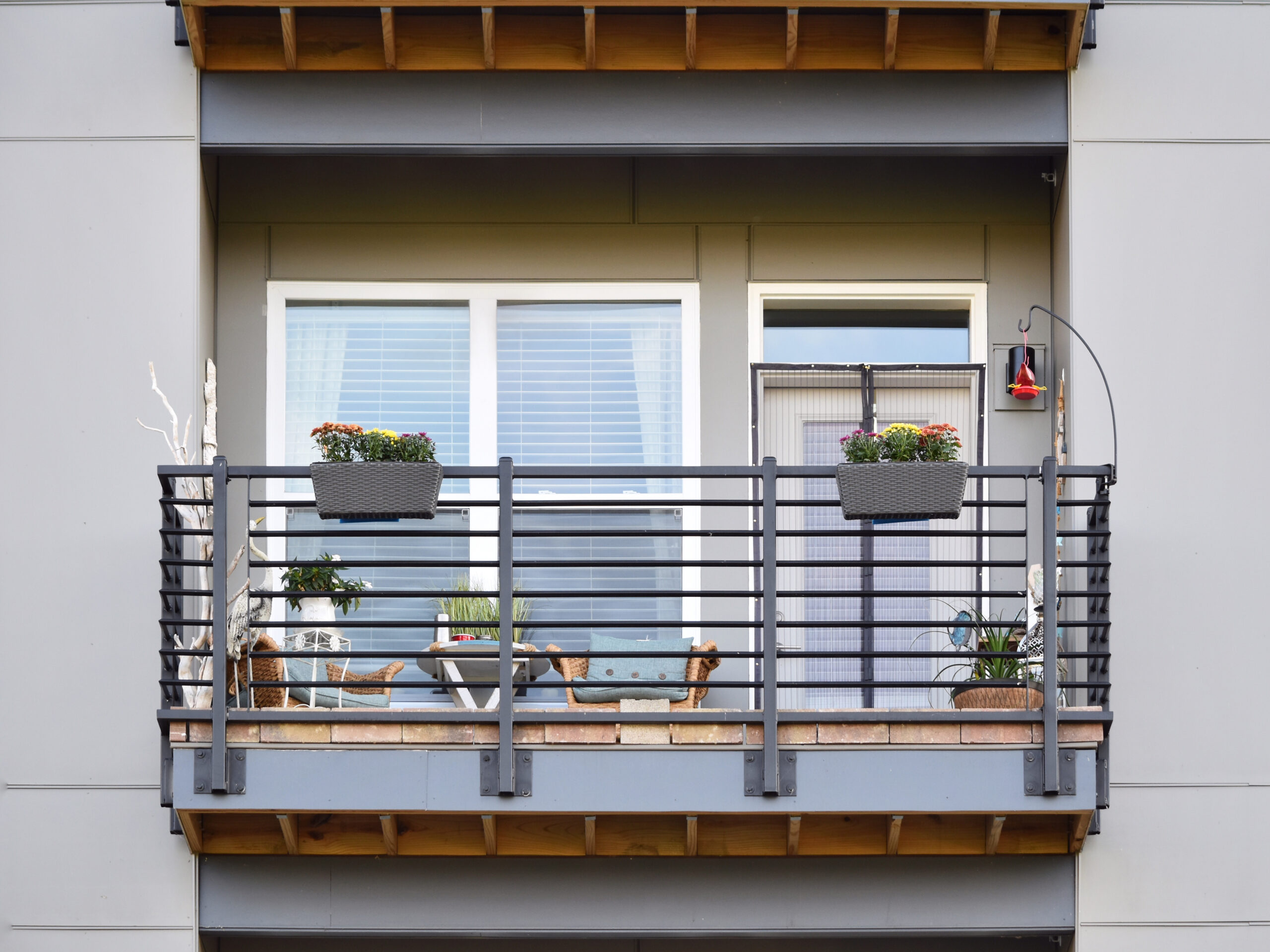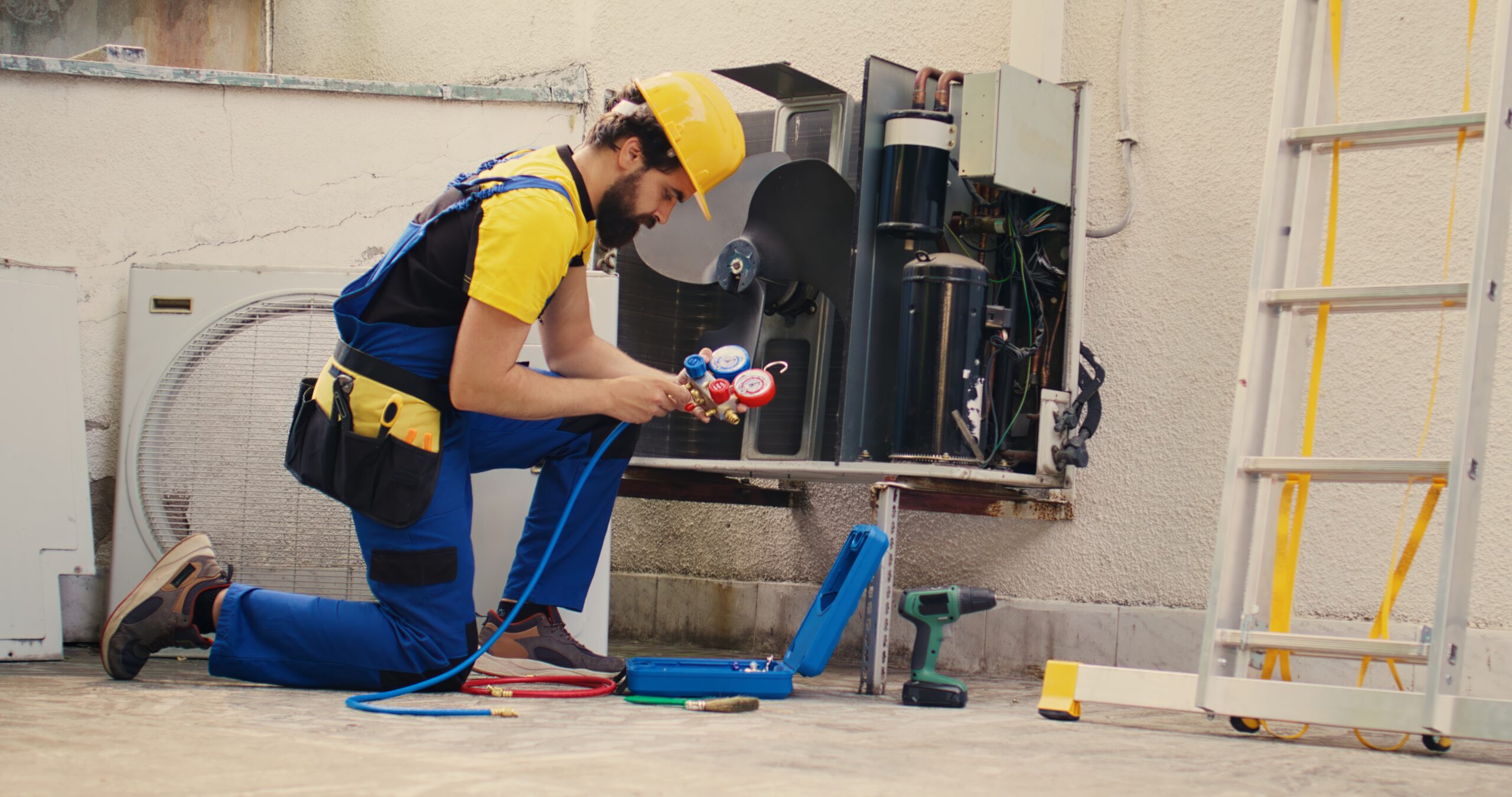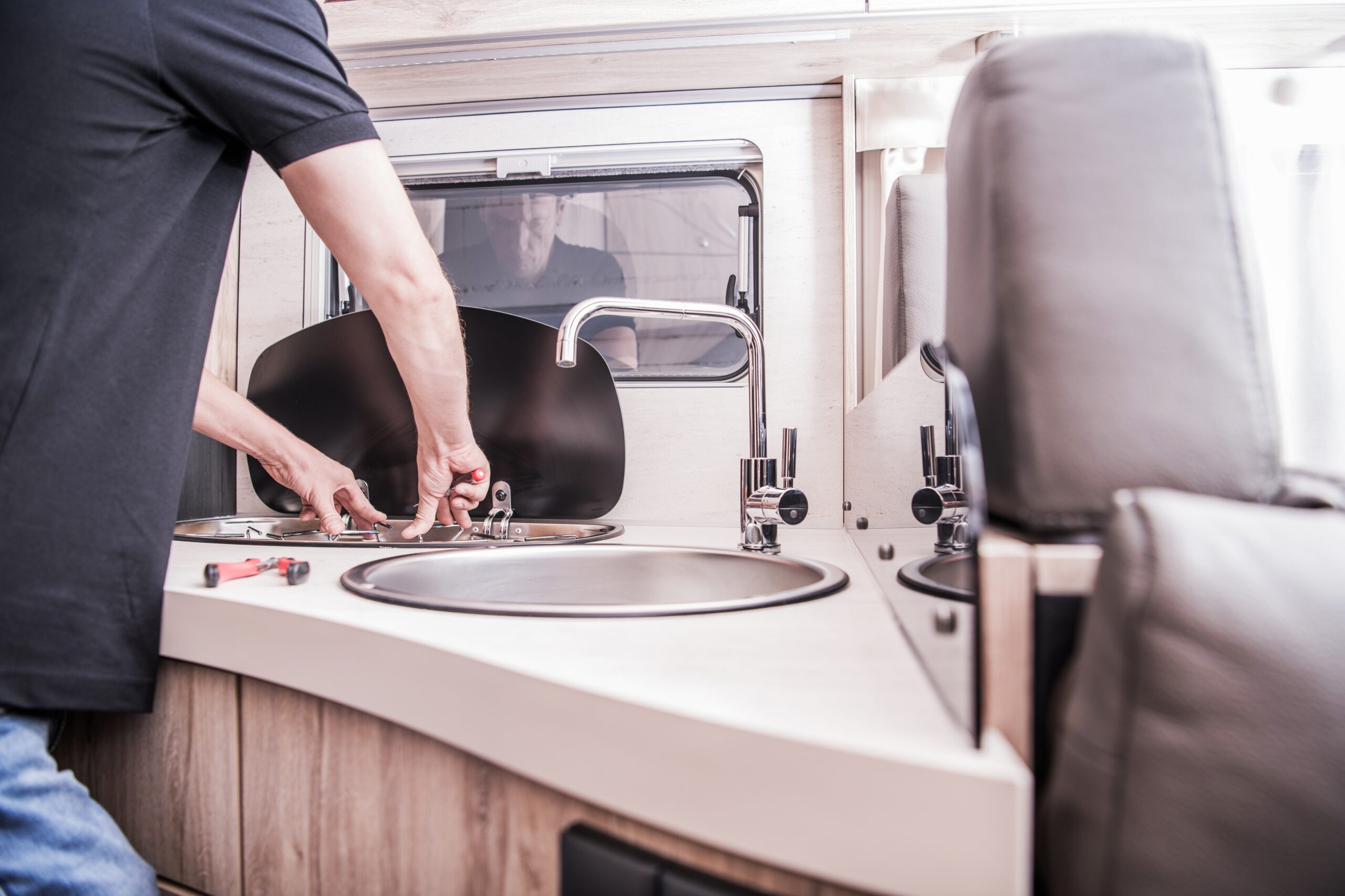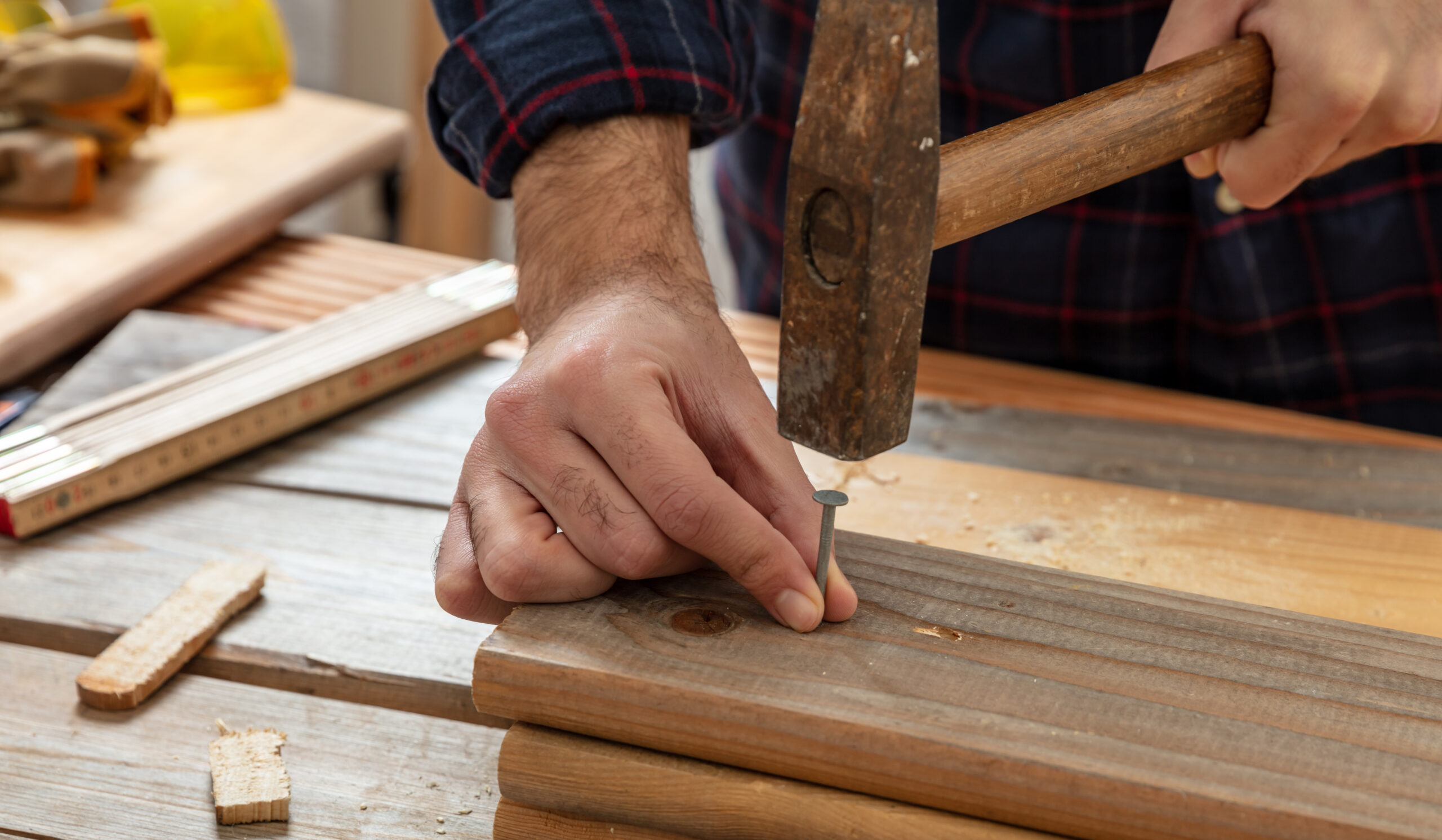It’s easy to neglect your indoor air, but polluted indoor air can leave you vulnerable to a number of serious health problems and lower your overall quality of life in noticeable ways. However, there is a number of things you can do to improve the air quality in your home. Even just a few small changes can protect everyone in your household from the health risks associated with prolonged exposure to air pollution. If you want to breathe easier at home, keep reading to learn how to protect against hazards that affect your indoor air quality.
How can you protect against hazards that affect indoor air quality?

There are a lot of factors that can affect your air quality, but protecting against these hazards of indoor air quality is easier than you might think. One of the best things you can do to protect your indoor air quality is to take proper care of your HVAC system. Your HVAC system is your first line of defense against all types of air pollution, and it can only operate at peak efficiency if it’s well maintained. You should have your HVAC unit inspected at least once annually and have the filter changed at least once every 90 days.
There are smaller lifestyle changes you can make that will have an impact on the quality of your indoor air. First, you should clean more frequently. Good indoor hygiene can minimize the presence of contaminants. Experts recommend vacuuming a few times a week, as well as laundering items like area rugs and long drapes more frequently. Wash them in water that is at least 130°F if you want to remove allergens like dust and pet dander. If you live somewhere with clean outdoor air, you should also open your windows as much as possible to let fresh air in.
If you have ongoing problems with air quality in your home, you may want to consider investing in an air purifier. You can place air purifiers in high-traffic rooms or areas where you spend a lot of time to add an extra layer of protection against allergens. You’ll want to look for an air purifier with a high-efficiency particulate air (HEPA) filter and make sure you have a unit powerful enough for the room you want to place it in. The packaging will usually tell you how many square feet a purifier is designed for.
Why is indoor air quality so important?

There is a number of ways poor indoor air quality can affect your health. Poor air quality has been linked to heart and lung problems, including coronary artery disease, emphysema, respiratory infections, stroke, and cancer. Pregnant women are especially vulnerable, as poor air quality can cause complications like birth defects. It can also exacerbate other conditions like asthma, chronic obstructive pulmonary disorder (COPD), cardiovascular disease, and diabetes. Air pollution can be particularly difficult for children and the elderly to deal with.
The World Health Organization (WHO) says that air pollution is the world’s largest environmental health risk. In the United States alone, over 200 million people live in areas where pollutants exceed recommended safety standards. That’s equivalent to about 62 percent of the population. It’s essential for all of us to take the steps we can to improve the quality of our indoor air if we want to avoid developing serious health problems down the line.
There are a lot of hazards that affect your indoor air quality, like mold, dust, and even pet dander. Breathing in polluted air over a long period of time can lead to heart and lung problems, strokes, or even certain types of cancer. Fortunately, your HVAC system and some simple lifestyle adjustments can make a significant difference. You can invest in products like air purifiers if you feel like you need a little extra filtration. Though the risks posed by poor indoor air quality are serious, there are plenty of things you can do to minimize the presence of common pollutants in your home.
